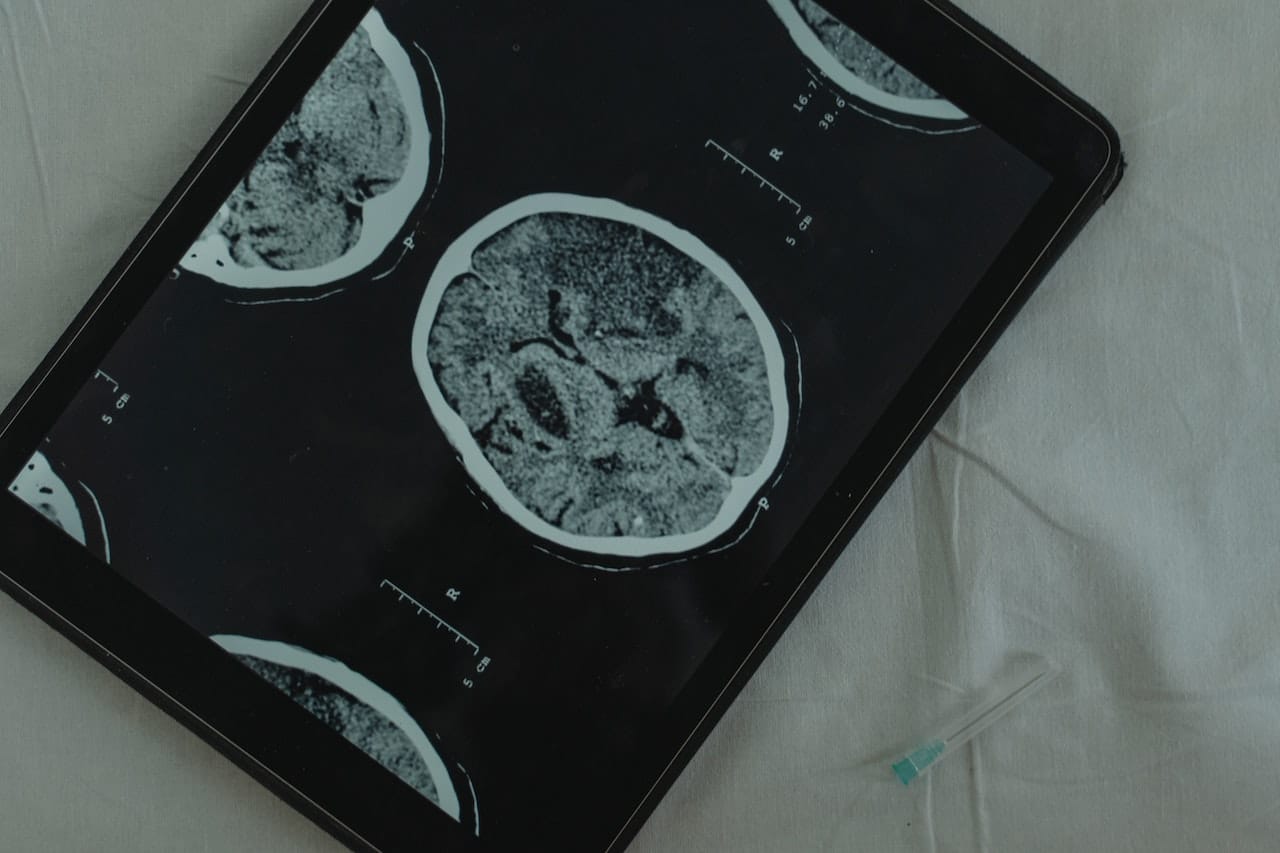Driving can be a fundamental aspect of independence, allowing us to navigate the world with freedom and convenience. However, when a traumatic brain injury occurs, it can significantly impact a person’s ability to drive safely. In this article, we will explore the adaptations and requirements for individuals seeking to resume driving after a brain injury. We will also address common questions like how long after a traumatic brain injury one can drive and whether it is necessary to inform the DVLA (Driver and Vehicle Licensing Agency) about a head injury.
The Impact of a Brain Injury
Traumatic brain injuries (TBIs) can result from various accidents, such as car crashes, falls, or sports-related incidents. The consequences of a brain injury can be life-altering, affecting cognitive functions, motor skills, and emotional well-being. When it comes to driving, these impairments can pose significant challenges.
It is essential to recognise that the effects of a brain injury vary from person to person. While some individuals may experience mild cognitive issues, others may struggle with severe impairments that make driving unsafe. Therefore, the process of returning to the driver’s seat after a TBI requires careful evaluation and adaptation.
How Long After a Traumatic Brain Injury Can You Drive?
One of the most common questions that individuals with brain injuries have is, “How long after a traumatic brain injury can I drive again?” Unfortunately, there is no one-size-fits-all answer to this question. The timeline for resuming driving after a TBI depends on the severity of the injury, the individual’s progress in rehabilitation, and the specific requirements of their country.
In the UK, the DVLA has specific guidelines regarding driving after a brain injury. These guidelines take into account factors such as the type and severity of the injury, the individual’s medical condition, and the specific adaptations they may need in their vehicle. It is crucial to follow these guidelines to ensure safe and legal driving.
DVLA and Head Injuries
When it comes to head injuries and driving in the UK, it is essential to be aware of the DVLA’s requirements. The DVLA is responsible for issuing driving licences and ensuring that drivers are medically fit to drive. If you have had a head injury, you may wonder whether you need to inform the DVLA about it.
In most cases, individuals who have suffered a head injury are required to inform the DVLA. The DVLA’s guidelines state that if you have had a head injury, you must report it to them if:
- You have lost consciousness.
- You have experienced post-traumatic amnesia (PTA) for more than 30 minutes.
- You have had a seizure.
Adapting to the Challenges
Driving after a brain injury often requires various adaptations to ensure safety for both the individual and others on the road. These adaptations can take several forms, including vehicle modifications and additional support.
Vehicle Modifications
Adapting your vehicle can make it possible for you to resume driving after a brain injury. Some common vehicle modifications include:
Hand controls: These allow individuals with mobility issues in their lower limbs to operate the vehicle using hand controls for acceleration and braking.
Spinner knobs: Spinner knobs or steering wheel spinners can provide easier steering for individuals with limited arm strength.
Left-foot accelerator: This modification allows drivers to use their left foot for acceleration, which can be helpful for those with limited right leg mobility.
Automatic transmission: Switching to an automatic transmission can reduce the cognitive load of shifting gears, making it easier for some brain injury survivors to drive.
These modifications can help individuals regain their independence and return to driving safely. However, it’s crucial to consult with a qualified driving rehabilitation specialist who can assess your specific needs and recommend appropriate adaptations.
Additional Support
In addition to vehicle modifications, some individuals with brain injuries may require additional support to drive safely. This support may come in the form of a driving partner, who can assist with navigation, decision-making, and emergency situations. It’s essential to have open communication with your driving partner and work together to ensure a safe and comfortable driving experience.
DVLA Medical Assessment
Once you have informed the DVLA about your head injury, they will likely require you to undergo a medical assessment. This assessment is crucial for determining your fitness to drive after a brain injury. The assessment may include a review of your medical history, cognitive and physical evaluations, and possibly an on-road driving test.
The DVLA will assess your ability to control the vehicle, respond to traffic situations, and make safe decisions. If you pass the assessment, you may be allowed to resume driving with certain restrictions or adaptations in place.
Graduated Return to Driving
In some cases, it may not be safe to resume driving immediately after a brain injury. A graduated return to driving may be recommended, allowing you to regain your driving skills gradually. This approach involves starting with short, low-risk trips and gradually increasing the complexity and duration of your journeys as your skills and confidence improve.
A graduated return to driving should be closely supervised by a qualified driving rehabilitation specialist, who can provide guidance and make necessary adjustments to the process.
Emotional and Psychological Considerations
Recovering from a brain injury can be a physically and emotionally challenging journey. It’s essential to address the emotional and psychological aspects of resuming driving. Many individuals may experience anxiety, depression, or post-traumatic stress related to their accident and the prospect of driving again.
Making a Serious Injury Claim with National Claims
At National Claims, we understand the challenges and complexities that individuals face when dealing with the aftermath of a serious injury, such as a traumatic brain injury. Our mission is to provide you with the support and guidance you need to navigate the legal aspects of your situation, ensuring that you receive the compensation you deserve.
Our Commitment to You
When you choose National Claims to represent you in your serious injury claim, you’re choosing a team of dedicated professionals who are well-versed in the intricacies of personal injury law, including brain injuries. Our commitment to you is unwavering, and we will work tirelessly to ensure that your rights are protected, and you receive the compensation necessary to support your recovery and future well-being.
Initial Consultation
The first step in making a serious injury claim with National Claims is the initial consultation. During this meeting, our legal experts will listen to your story, review the details of your brain injury, and assess the circumstances of the incident that led to your injury. This initial consultation is essential for us to understand the merits of your case and determine the best course of action.
Legal Assessment
Following the initial consultation, our team will conduct a thorough legal assessment of your case. We will gather all relevant evidence, including medical records, accident reports, and witness statements, to build a comprehensive case on your behalf. Our experienced attorneys will carefully evaluate the evidence to establish liability and assess the extent of damages.
The Claims Process
Once we’ve completed our legal assessment, we will initiate the claims process. This involves preparing and filing a formal claim with the relevant parties, which may include insurance companies, responsible individuals or organisations, and any other liable parties. National Claims will handle all aspects of communication and negotiation, ensuring that you can focus on your recovery without the added stress of dealing with legal matters.

Conclusion
Returning to driving after a brain injury is a journey that involves numerous considerations, from medical assessments and vehicle adaptations to emotional well-being and adherence to DVLA guidelines. The decision-making process is complex, and it’s essential to seek support from healthcare professionals, specialists, and rehabilitation experts to ensure a safe and successful return to driving.
At National Claims, we understand the difficulties faced by individuals who have experienced serious injuries, including traumatic brain injuries. Our commitment is to provide legal support, guide you through the claims process, and work tirelessly to secure the compensation you deserve. We are here to be your advocates and to help you on your path to recovery and justice.
If you or a loved one has suffered a serious injury, such as a traumatic brain injury, and you believe that someone else’s negligence or wrongdoing is responsible, please contact National Claims. Our team of legal professionals is ready to listen to your story, assess your case, and provide the support and legal representation you need to seek justice and secure the compensation necessary for your recovery.
Remember, you are not alone in your journey to recovery, and we are here to stand by your side every step of the way.
Start your claim with us today and speak to one of our claims specialists to help you by contacting us.

We’re proud of our excellent customer reviews
We thrive on delivering exceptional service and ensuring our clients’ satisfaction. Don’t just take our word for it. Check out some of our independent reviews to see what our clients have to say.
Excellent

This firm is excellent, they sorted out my car pay out and injury claim very fast, they always communicate with you all the time.

My accident case was dealt with confidence and with great result of the outcome, especially James kept me informed all the time.

I was very impressed at the way my inquiry was treated. I was listened to attentively and everything I needed to know was explained to me.






